Plants
-
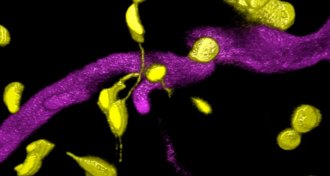 Plants
PlantsHow light-farming chloroplasts morph into defensive warriors
Researchers now know which protein triggers light-harvesting plant chloroplasts to turn into cell defenders when a pathogen attacks.
By Jeremy Rehm -
 Agriculture
AgricultureA new way to genetically tweak photosynthesis boosts plant growth
A new chemical road map for a process called photorespiration in plant cells could reduce energy waste to increase plant productivity.
-
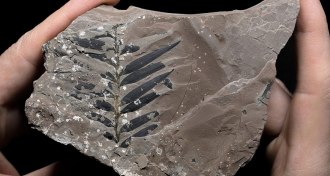 Paleontology
PaleontologyMore plants survived the world’s greatest mass extinction than thought
Fossil plants from Jordan reveal more plant lineages that made it through the Great Dying roughly 252 million years ago.
-
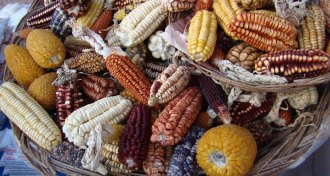 Archaeology
ArchaeologyCorn domestication took some unexpected twists and turns
A DNA study challenges the idea people fully tamed maize in Mexico before the plant spread.
By Bruce Bower -
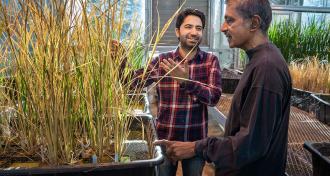 Plants
PlantsHybrid rice engineered with CRISPR can clone its seeds
New research has created self-cloning hybrid rice, raising hopes of higher food production.
By Susan Milius -
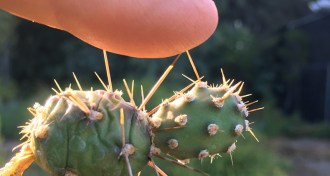 Plants
PlantsCactus spine shapes determine how they stab victims
The shapes of cactus spines influence how they poke passersby.
-
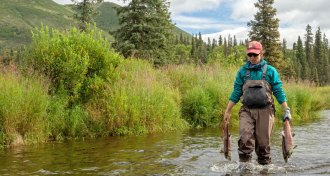 Ecosystems
EcosystemsHow researchers flinging salmon inadvertently spurred tree growth
Scientists studying salmon in Alaska flung dead fish into the forest. After 20 years, the nutrients from those carcasses sped up tree growth.
-
 Archaeology
ArchaeologyAncient South Americans tasted chocolate 1,500 years before anyone else
Artifacts with traces of cacao push back the known date for when the plant was first domesticated by 1,500 years.
By Bruce Bower -
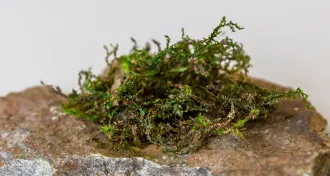 Plants
PlantsLiverwort plants contain a painkiller similar to the one in marijuana
Cannabinoids found in liverwort plants could spell relief for those suffering from chronic pain.
-
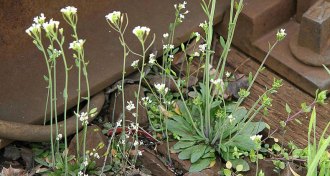 Agriculture
AgriculturePlants engineered to always be on alert don’t grow well
Scientists bred a type of weed to lack proteins that help stem the production of bitter chemicals used to ward off insect attacks.
-
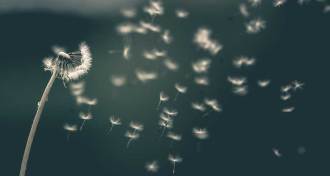 Life
LifeDandelion seeds create a bizarre whirlpool in the air to fly
Researchers have deciphered the physics underlying dandelion flight.
-
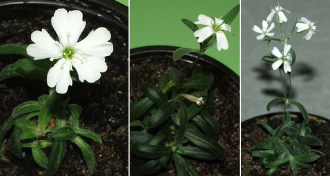 Plants
Plants50 years ago, a 550-year-old seed sprouted
Old seeds can sprout new plants even after centuries of dormancy.